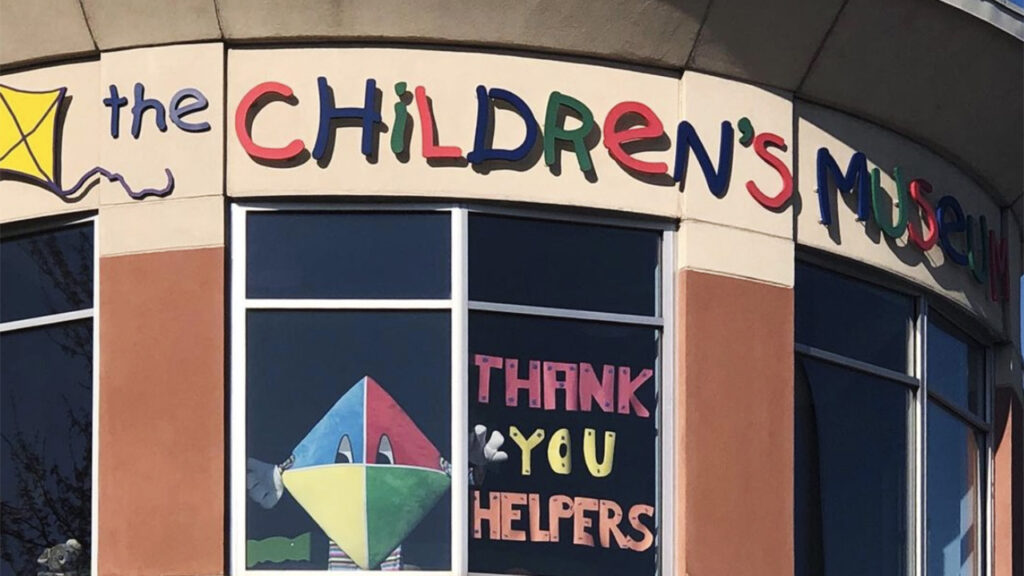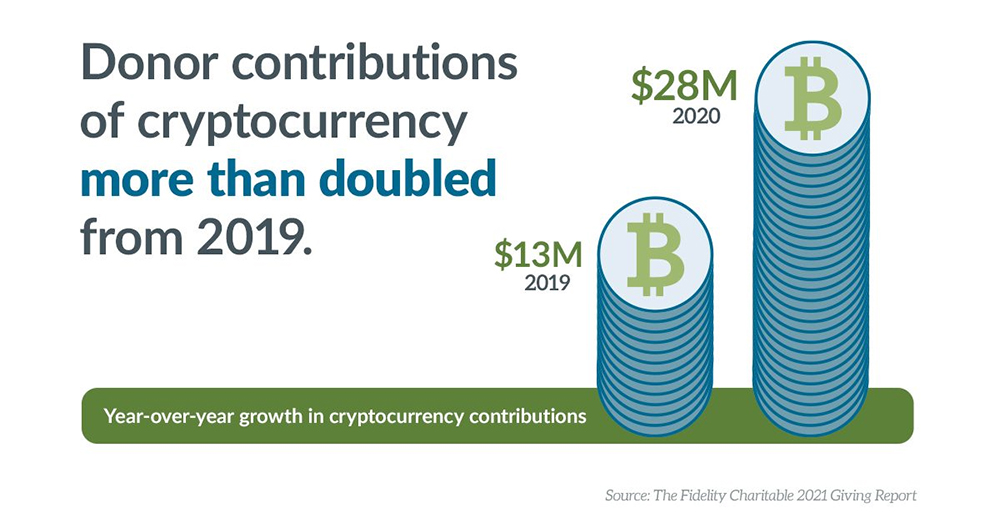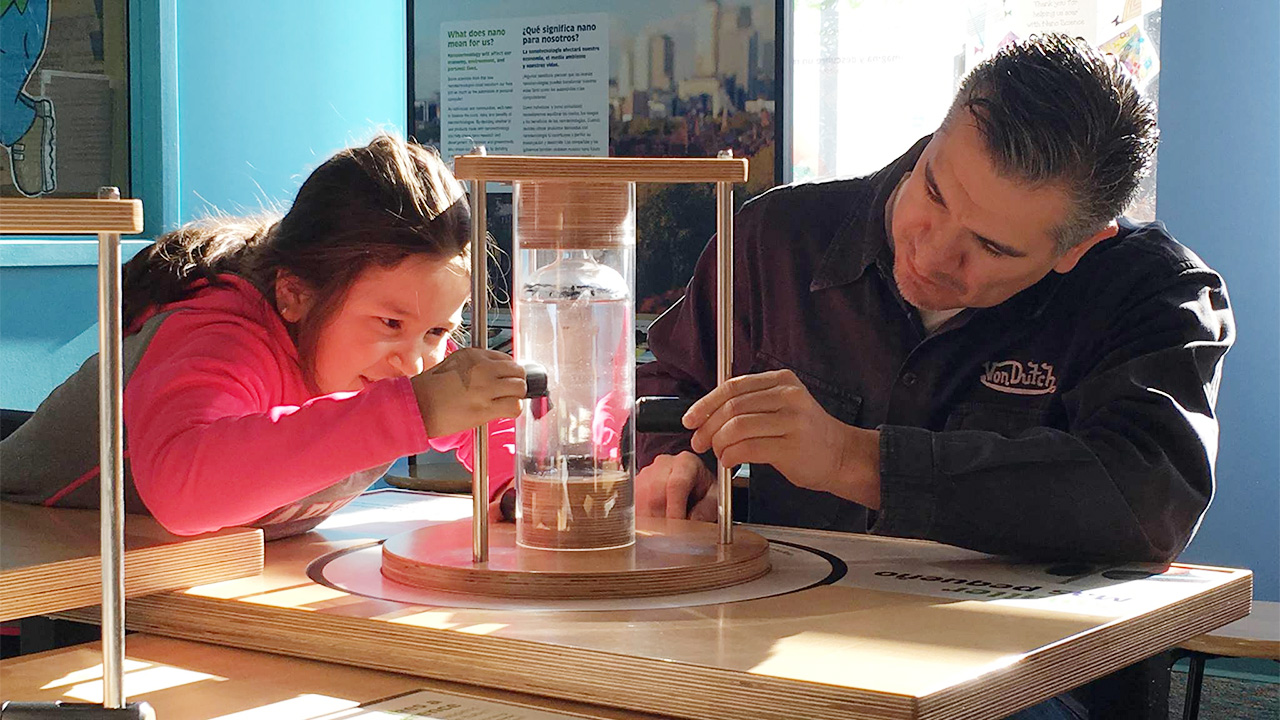The website is by no means dynamic. There’s no welcome video, no slick navigation style, and the web aesthetics rest comfortably in the mid-2000s, but in the center of the Children’s Museum in Oak Lawn’s homepage is a blue button that reads “Donate Cryptocurrency.” Sometimes, innovation arises from unlikely places.
And in the cultural sector, accepting virtual currency is certainly novel; the museum in Chicago’s southwest suburbs is the first US children’s museum to take the jump, making it one of only a handful of cultural institutions nationwide to have done so.
“Throughout the pandemic, we’ve been looking for ways to increase our revenue streams,” Executive Director Adam Woodworth tells Jing Culture & Commerce. “I’ve been hearing about bitcoin and my thought was, ‘If it’s currency, it can be donated.’”

The museum’s push to diversify its revenue streams and seek support for its play-based education programs led it to welcome donations in cryptocurrencies such as bitcoin and Ethereum. Image: Children’s Museum in Oak Lawn
Woodworth’s intuition was correct with crypto-holders now able to support the museum’s mission as a place for youthful creativity and role play by donating any of 40 different coins from big boys, Ethereum (ETH) and bitcoin (BTC), to lesser know altcoins such as Zcash (ZEC) and Orchid Protocol (OXT).
The process is simple: individuals click on a website widget, select the cause they wish to support, set their cryptocurrency donation amount, and scan a QR code connected to the museum’s wallet.
The innovation is courtesy of Engiven, a cryptocurrency donation platform for nonprofits that counts the Salvation Army and America’s Future among its converts. Though Engiven charges no setup or annual fee, it charges a four percent administrative fee for every donation, something Woodworth considers “small” and acceptable following an onboarding process that was “very smooth.”
“Our next logical step is to accept currency as payment for memberships,” says Woodworth, who notes the museum is promoting its adoption largely through its social media channels. “One of the goals of cryptocurrency is to truly function as currency and we want to contribute to that goal.”

In 2020, Fidelity Charitable donors also increased the pace and amount of their grants: the average grant was $4,614 — an increase of about $250 from the previous year. Image: Fidelity Charitable
The Children’s Museum in Oak Lawn joins a wave of nonprofits that have opened up to cryptocurrencies to connect with a younger, tech-forward group of donors. In 2018, around 2 percent of non-profits in the US accepted cryptocurrency donations; today, that number is far higher with platforms such as Engiven and The Giving Block popping up to support and push interest.
Around $300 million in cryptocurrency was donated in 2020, a number that has increased steadily in recent years with donors further incentivized by the fact that the IRS treats cryptocurrencies as properties, which means capital gains taxes aren’t owed.
Woodworth believes hesitance among his museum peers is largely down to two factors: “fear of the unknown” and “the volatility of cryptocurrency.” To address the first concern, Woodworth undertook a little self-education, digging into blockchains, tokens, and wallets. Engiven deals with the volatility problem; donations are converted immediately into US dollars, avoiding any risk of devaluation.
If it’s currency, it can be donated.



